
Scary or sweet? Read about the value of nonverbal communication and have some spooky fun.

Scary or sweet? Read about the value of nonverbal communication and have some spooky fun.
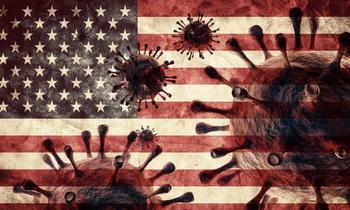
The COVID-19 pandemic has disproportionately affected people of color due to legal, social, and economic inequities.

Dr Moffic talks about the impact of current political events on the public's mental health.
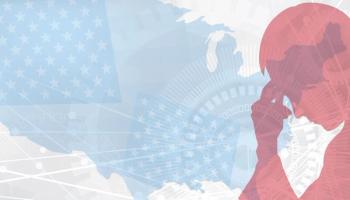
With partisan political warfare, civil unrest, and the presidential race, how can mental health professionals assess and address “election anxiety”?

Drs differ on the advisability of reading a certain famous French psychoanalyst.

Psychiatry has changed, and we now have an acute awareness of the cost of sexual trauma to patients. When it comes to race, however, we still have a lot to learn.

This moment in history cannot be lost. When you ask us if we are okay, be prepared to hear us say we are not . . . and never have been. Then be prepared to do more.
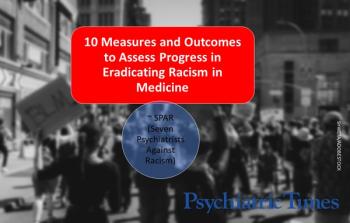
Suggestions to assess outcomes and measure success levels in combatting racism.

What can be done about racism? We're so glad you asked.

The medical community must examine how and what we can do to welcome and serve the black and brown communities that may view us as the authority they dare not call.

Psychiatrists should be experts at hearing and seeing what is not visible. That is exactly what we need to do to let the sun shine through the racist dust.

Psychiatrists are in a unique position to actively address the collective trauma caused by rampant and persistent race-based disparities in health care and police violence.

The recent ghastly killings of Ahmaud Arbery, Breonna Taylor, and George Floyd serve as a reminder that the pursuit of happiness and longevity remain a dream deferred for Black America due to systemic racism.

A social determinants framework requires that we treat the parallel diseases of COVID-19 and racism as equally detrimental to the health and well-being of our patients.

Racism is one of the ugliest aspects of human nature. It is still present today in all walks of life.

Grandpa Murray, rags to riches, American big shot, the man who dreamt even bigger for his first grandson when he placed a doctor’s bag in my crib . . . the proudest man at my med school graduation.

Can you imagine telling a breast cancer survivor, “All cancers matter?” Dr Frank Clark discusses what led up to writing the words in his poem, Non-Applicable #Hashtag.

The country has erupted into a wave of anger that demands justice and reform; but what can we, psychiatrists, do when we hear “code black”?

It might be advisable to bring in psychiatrists to keep the peace and not federal troops.

In this poignant video, Dr Frank Clark shares what led up to his writing Chocolate-Flavored PTSD and Runner's Paradox.

Frank A. Clark, MD, Clinical Assistant Professor, University of South Carolina School of Medicine – Greenville, SC, presents a timely slice of poetic history.
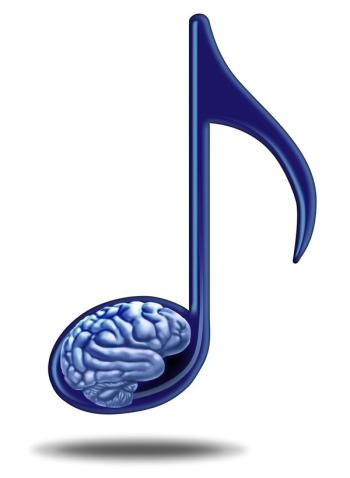
A virtuoso concert pianist and psychiatrist's "play" on the role of music in healing and the influence of psychological and medical factors on the creative output of the great composers in music history.

The Navajo population are vulnerable to lung disease due to decades of exposure to uranium mines and the use of wood or coal for heat and cooking. It is now vulnerable to COVID-19.
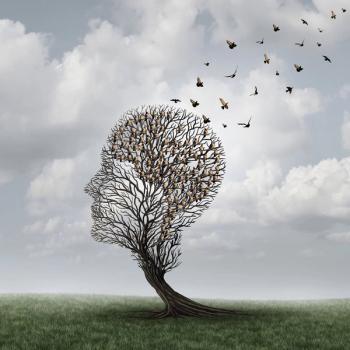
Despite the high levels of resilience, refugee populations are vulnerable and require that the health system continues to provide care during crises.

Different groups are more susceptible to COVID-19, both socially and medically, which is why cultural sensitivity is so important during this time.